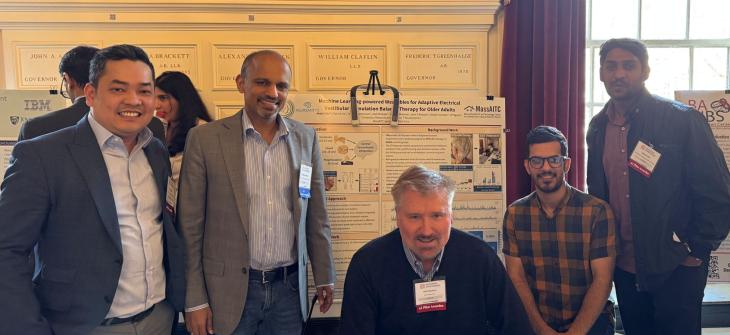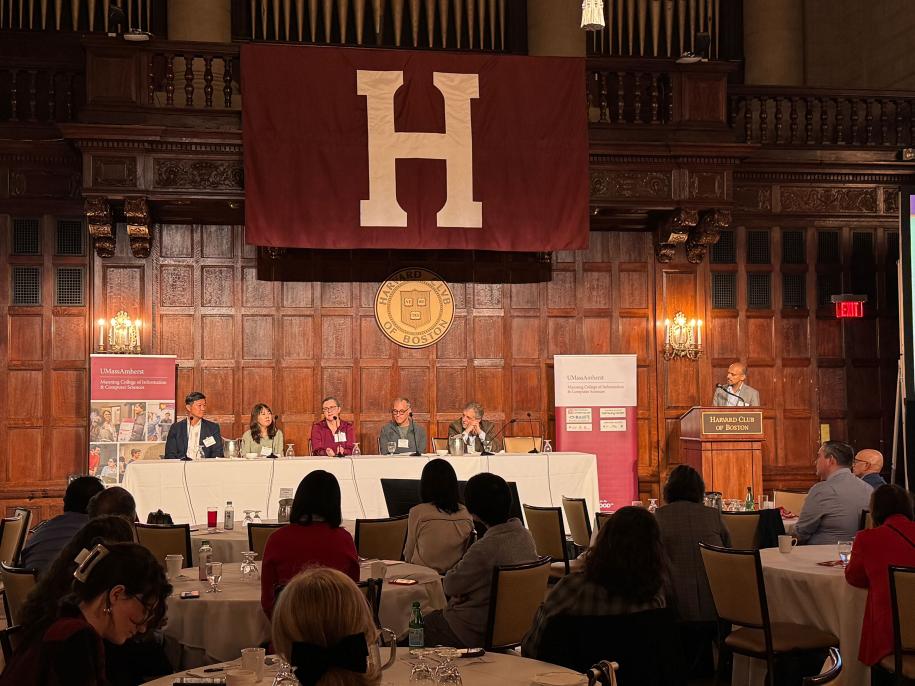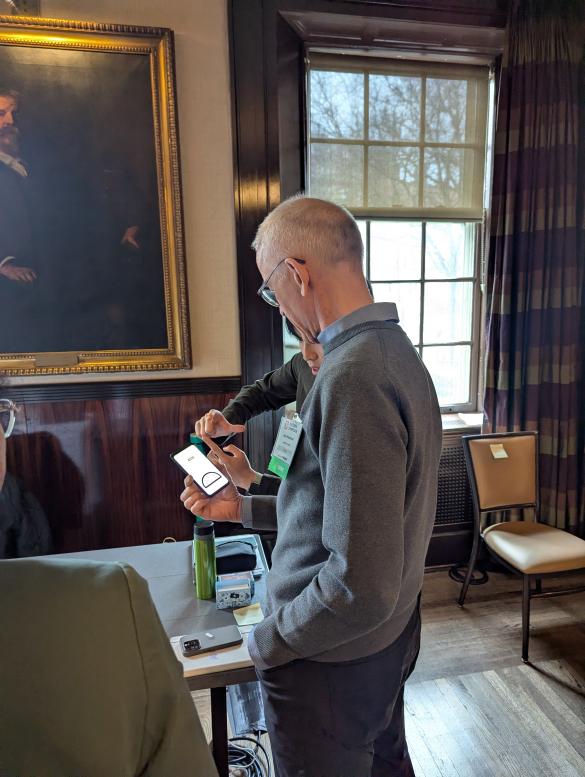MassAITC’s a2 Symposium Highlights AI‑Driven Solutions for Aging and Alzheimer’s Care
Content

Nearly 240 AgeTech stakeholders gathered in person and online for the third a2 National Symposium, hosted by the Massachusetts AI and Technology Center for Connected Care in Aging & Alzheimer’s Disease (MassAITC) on April 3–4 at the Harvard Club of Boston. The meeting serves as the annual gathering of the National Institute on Aging’s (NIA) Artificial Intelligence and Technology Collaboratories (AITC) program, known collectively as the a2 Collective.
Representatives from the three AITCs—MassAITC, Penn AITech, and the Johns Hopkins AITC—joined venture capitalists, payors, senior‑service providers, gerontologists, computer scientists, and caregivers to discuss how artificial intelligence, wearable devices, and digital platforms can improve diagnosis, treatment, and quality of life for older adults. The hybrid event drew 185 in‑person attendees and 52 virtual viewers.
The two‑day program featured two keynotes and three themed plenaries. In the opening session on day one, “Managing Cognitive Impairment—From Early Diagnosis to Supportive Care,” Martin Sliwinski, director of Penn State’s Center for Healthy Aging, outlined how smartphone‑based micro‑assessments can flag Alzheimer’s disease earlier, while Michael Kahana, a Penn distinguished professor, presented a miniaturized brain‑stimulation implant designed to restore memory. A keynote by Pattie Maes, a professor at MIT Media Lab, explored how generative AI-enhanced wearables co‑designed with older adults could combat social isolation and support independent living.

Day two shifted the focus to machine‑learning applications and data infrastructure. In the plenary session “Machine Learning and AI Methods for Aging and Dementia Care,” Conor Walsh, a Harvard professor of engineering, described soft robotic exosuits that use AI to correct gait disorders, and Marzyeh Ghassemi, an MIT professor of computer science, examined strategies for building fair, privacy‑preserving clinical models. Jianying Hu, IBM’s global science leader for AI and health, delivered a keynote on foundational biological models and AI agents to accelerate drug discovery for Parkinson’s, Huntington’s, and Alzheimer’s diseases. A final plenary “Big Health Data: Challenges and Opportunities,” featured Jordan Smoller, co-chair of the All of Us Science Committee, and Griffin Weber, a BDIMC professor of biomedical informatics, who discussed federated learning approaches for wearable and electronic‑health‑record data.

Between sessions, participants tested emerging technologies – including a VR fitness platform, an ear‑worn orthostatic‑hypertension monitor, a frailty‑screening smartphone app, a circadian‑lighting spectrometer, and heart‑monitoring earbuds – and viewed posters from 31 a2 Collective pilot projects. Awardees also met with investors from AgeTech Capital and Primetime Partners during a speed‑mentoring workshop on commercialization and investment pathways.
MassAITC will help shape the agenda for the fourth a2 National Symposium, scheduled for March 19–20, 2026, in Washington, D.C. The Boston meeting was supported by Samsung Health, MassPACE, the UMass Lowell M2D2 NIA LiFT Program, and the NIA.
MassAITC is a multidisciplinary, multi-institutional initiative that brings together leading educational and healthcare institutions across Massachusetts, including UMass Amherst, Brigham and Women’s Hospital, Massachusetts General Hospital, Brandeis University, and Northeastern University. Housed at UMass Amherst in the Manning College of Information and Computer Sciences (CICS), MassAITC aims to foster interdisciplinary research focused on the development, validation, and translation of AI-enhanced technologies that strengthen connections among older adults, caregivers, and clinicians with the goal of more effectively supporting healthy aging and enabling at-home care of individuals living with Alzheimer's disease and related dementias, leveraging the extensive expertise, patient cohorts, and resources of its partner institutions across the commonwealth.